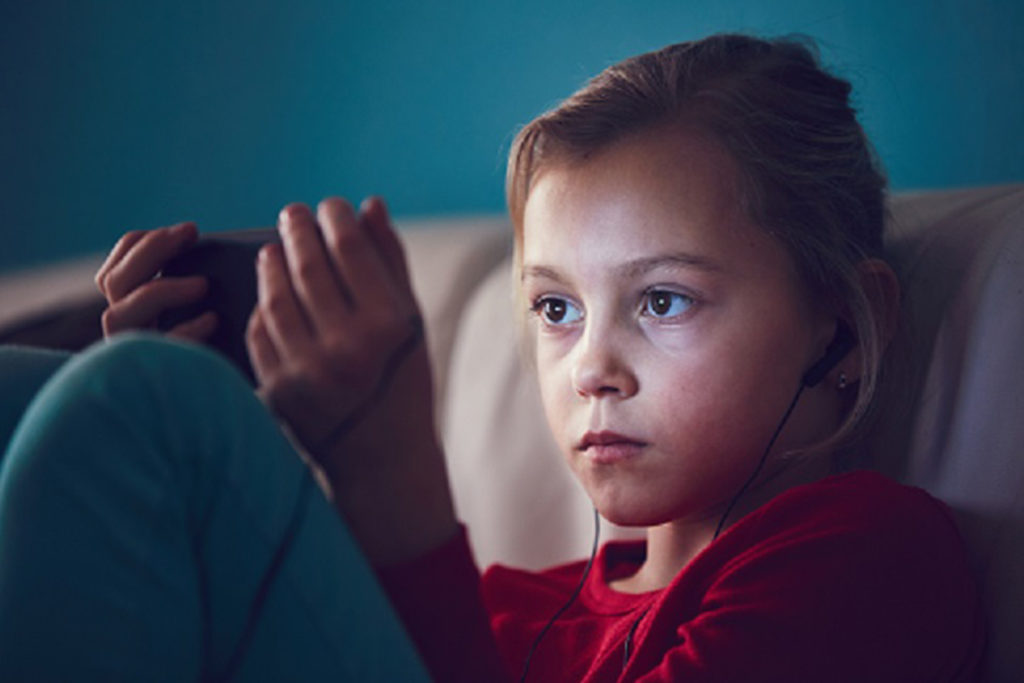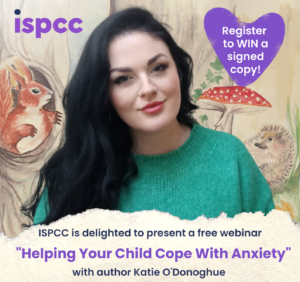
Technology (and the internet) brings many great benefits, from assisting with education to socialising with friends.
It also, however, carries risks which can put children and young people in danger.
Parents need to be aware of the dark side of the internet – which can feature cyber bullying, loss of privacy and, at the extreme end, online grooming. Children and young people are taught about road safety and stranger danger and online safety is equally as important.
Talk and being open with your child about online safety can help them to navigate safely through the online world. Educate them about how what they post online can be very difficult to remove. Discuss with them the risk of posting and sharing photos online of themselves. Children and young people need to understand and be aware that anyone can have an anonymous name and create an online personality, so it is essential to be careful when communicating online.
Sometimes there can be a gap between what parents know and what young people are doing online. Many parents query how they can help to keep their child/ren safe online. While there is no one exact correct answer, parents can:
- Start the conversation now and don’t wait until there is a problem.
- Do your own research on the game or the app your child wants to play.
- Be involved. Set the game/app up together and agree on basic rules.
- Limit the hours your child/ren spend online.
Parents should talk to their children about what games they like, who they like to play with and talk to online. Ask your children what they view online and talk to them about what’s okay and not okay to view. Parents should always remind their children they can come to them anytime with worries or questions.
Parents can set up parental control on devices including smartphones, tablets, computers and gaming systems. This will help reduce the risk of your child encountering inappropriate content online. Although parental controls are a good support, they are not always 100 per cent – therefore, it’s key that parents talk to their child/ren about staying safe online.
Parents should never assume that a game or an app is safe and appropriate. If they are unsure, they should check with a friend / family member, or with a professional.
Gaming
Online gaming is a big part of children and young people’s lives and it is a massive industry. Children and young people can find it difficult to stop playing. In 2018 the World Health Organization classified gaming as a disorder which can severely impact upon a young person’s personal, family, social, educational or daily life. Being online allows young people to interact with people from anywhere in the world, regardless of age or gender.
It is also important for parents to exercise caution around games or apps which feature in-game or in-app purchases. Children can easily access these features and may offset the cost against a parent’s credit / debit card associated with the game / app.
Online gaming can be enjoyable for young people but there are risks. These can be minimised by parents helping their child to choose a game which is age appropriate, setting time limits and talking about the game. Children can keep themselves safe by not sharing information about themselves and only making friends with people they already know offline.
Remember, everyone has the right to feel safe – both online and offline.
Comparitech has created this resource to share further information around online harassment, privacy and safety.
For more information, articles and videos about online safety, visit our Digital Ready Hub.


